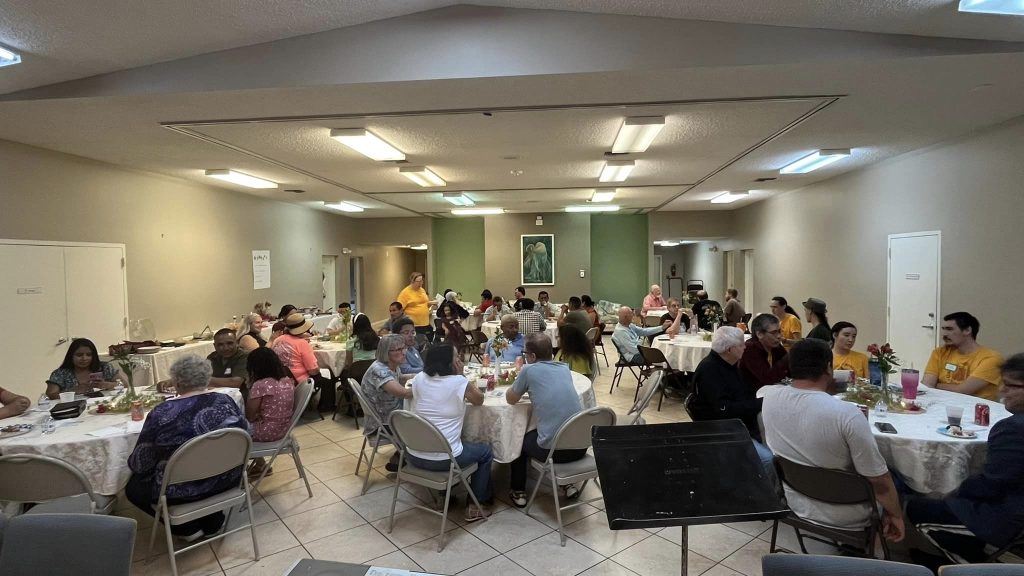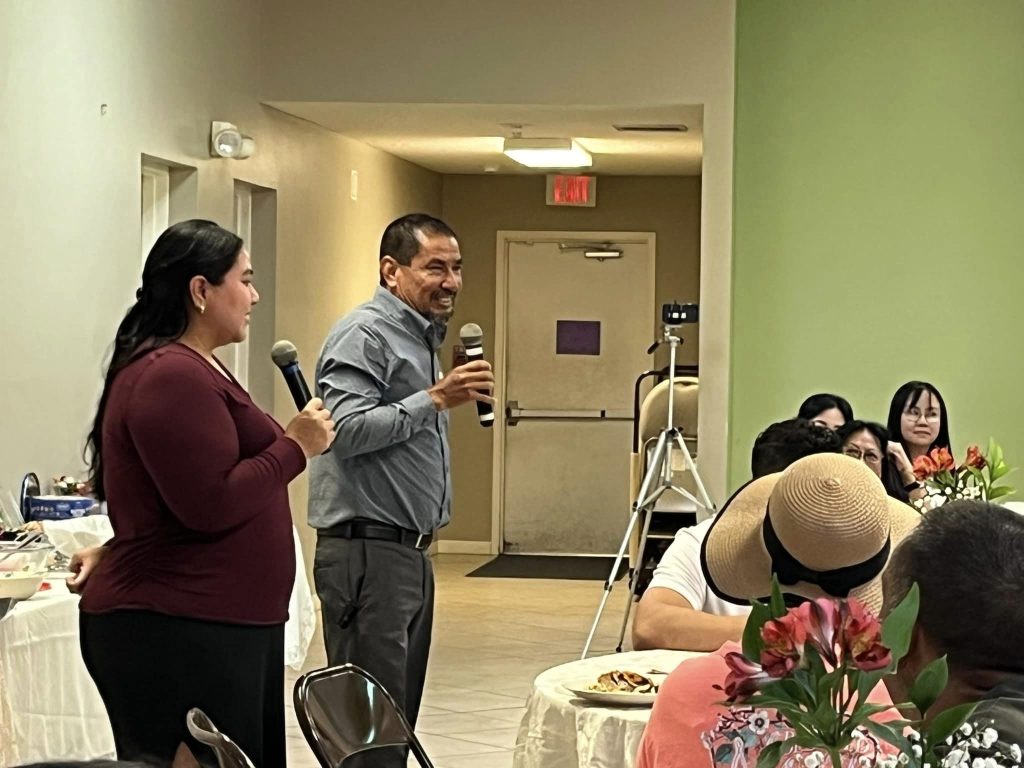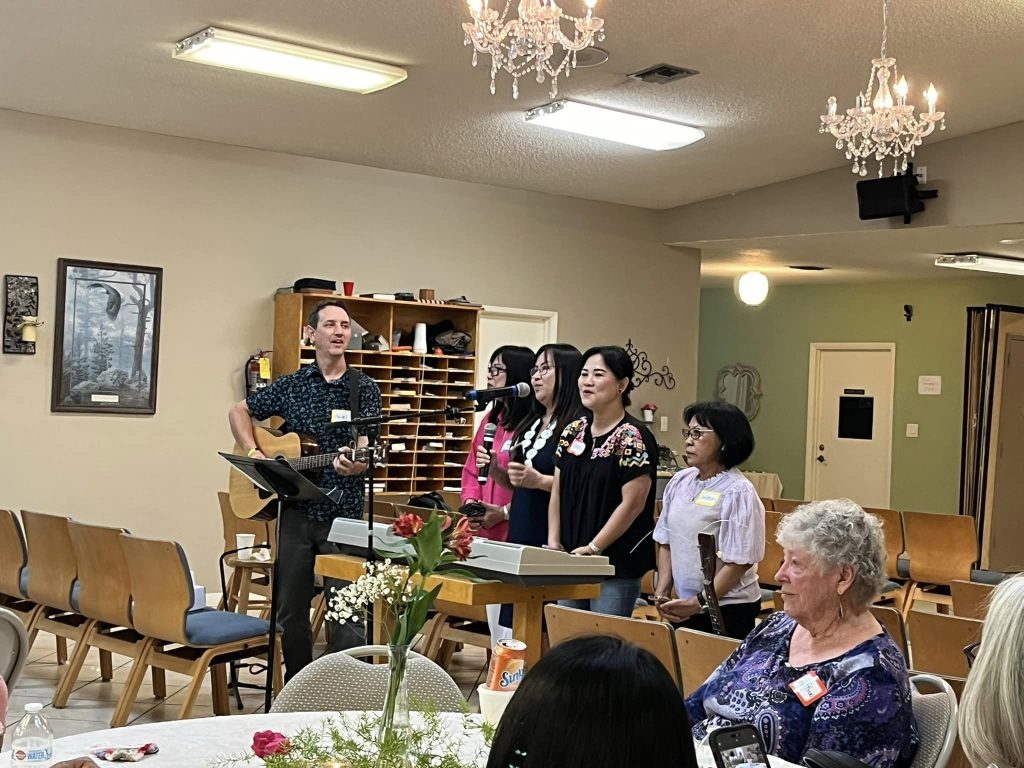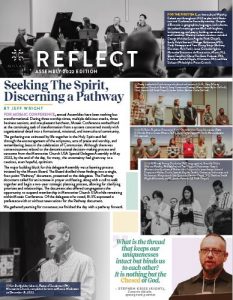In 2025, there have been two congregations that have left Mosaic Conference.
Vincent Mennonite (Spring City, PA) voted on December 8, 2024, to leave the Conference. The vote passed by 77% and disaffiliation was pending a vote to amend the congregation’s constitution in January. A constitution amendment passed on January 26, 2025, to reflect the December vote to disaffiliate from Mosaic Conference.
Mosaic Conference continues to hold the credentials of Pastor Dave Mansfield.
Salem Mennonite (Quakertown, PA) voted on February 23, 2025, by a 92% majority to withdraw from Mosaic Conference. In a letter dated March 9, their leadership team wrote, “This decision stems from theological differences, which we initially outlined in a letter sent to the Conference Board in July 2022.”
As Salem seeks affiliation with another conference, their leadership said they would remain in touch with their Leadership Minister Noel Santiago. Mosaic will maintain the credentials of Bruce Eglinton-Woods and Bob Helverson for up to a year.
“I deeply appreciate the leaders and members at Salem and their dedication to God’s kingdom work in Quakertown and beyond,” reflected Santiago. “I’m also grateful for how they’ve kept Mosaic Conference leadership involved and allowed this process to unfold to this point. I sincerely desire God’s best for them as they follow their calling and ministry.”
Swamp Mennonite (Quakertown, PA), which voted last fall to end its affiliation with Mosaic Conference, has not determined a departure date as it discerns its affiliation with a different conference.
Executive Minister Stephen Kriss shared, “We lament these decisions of changed relationships with sibling communities. We celebrate what God has done through our shared ministry together and we release them to pursue the Spirit’s call for their communities. And we continue to trust the reconciling love of Jesus.”








